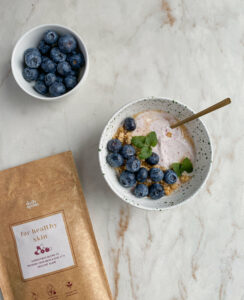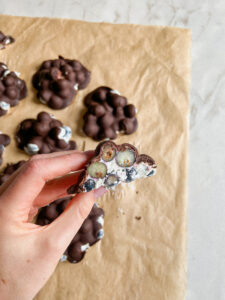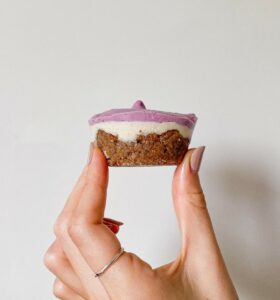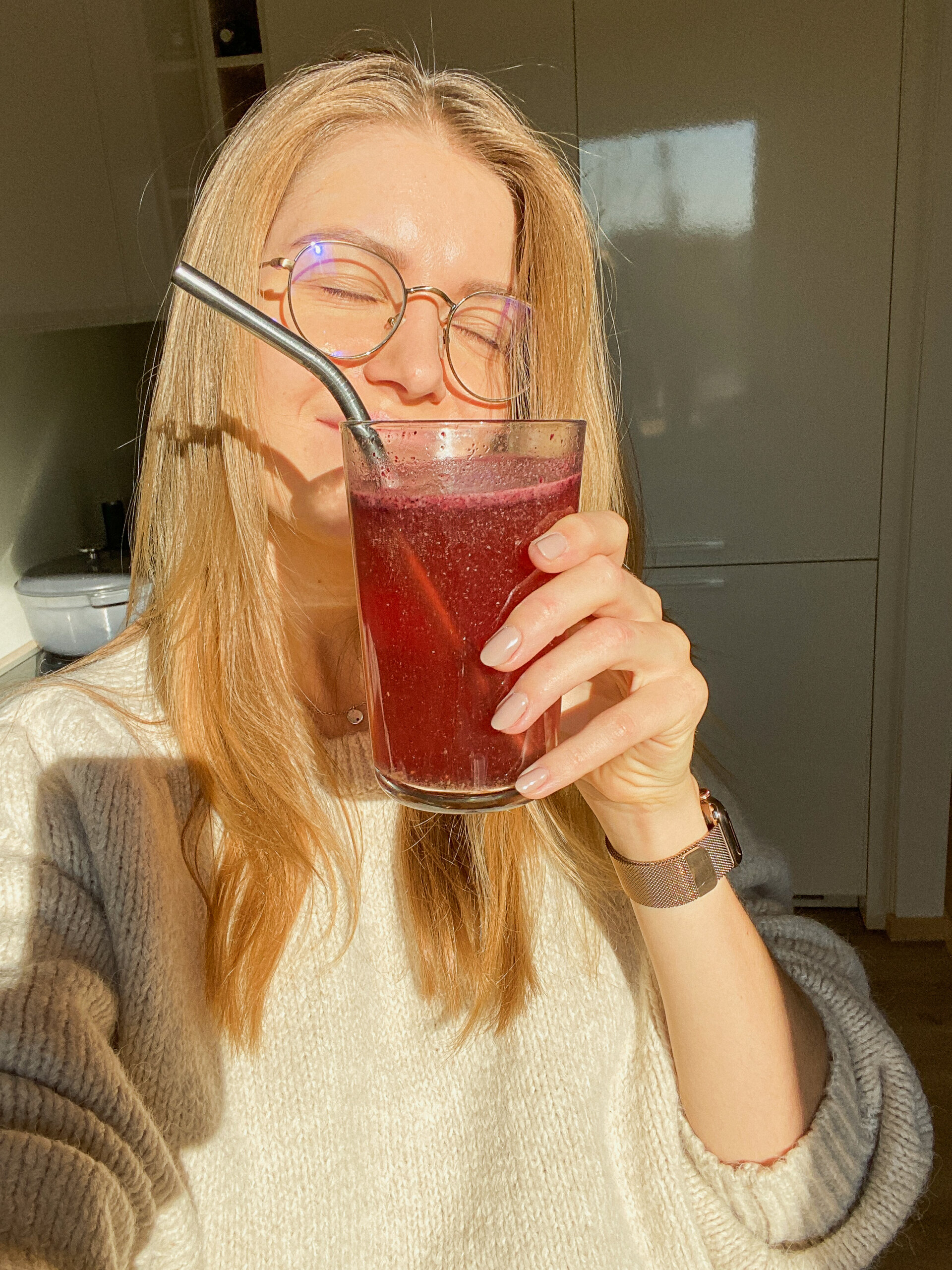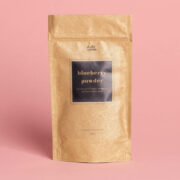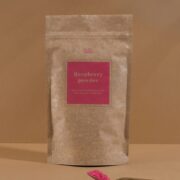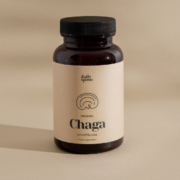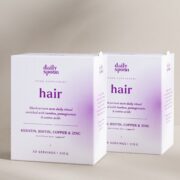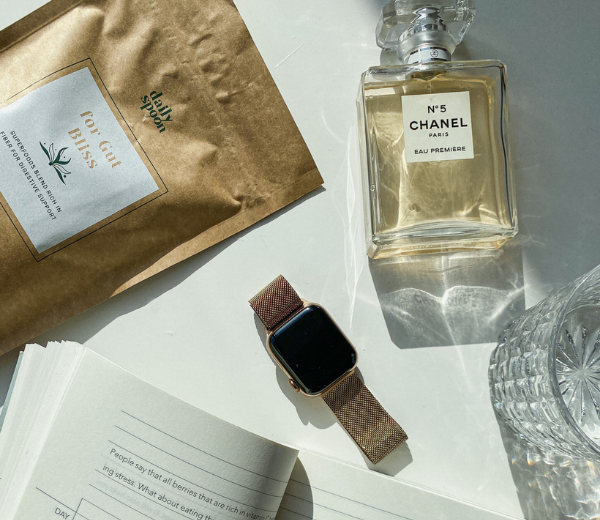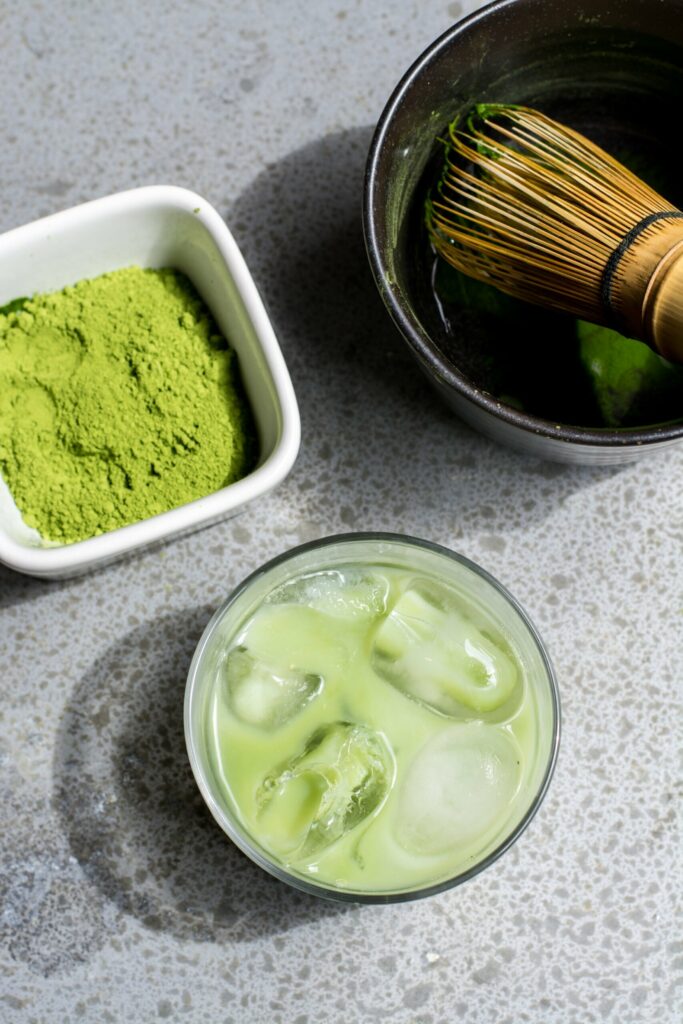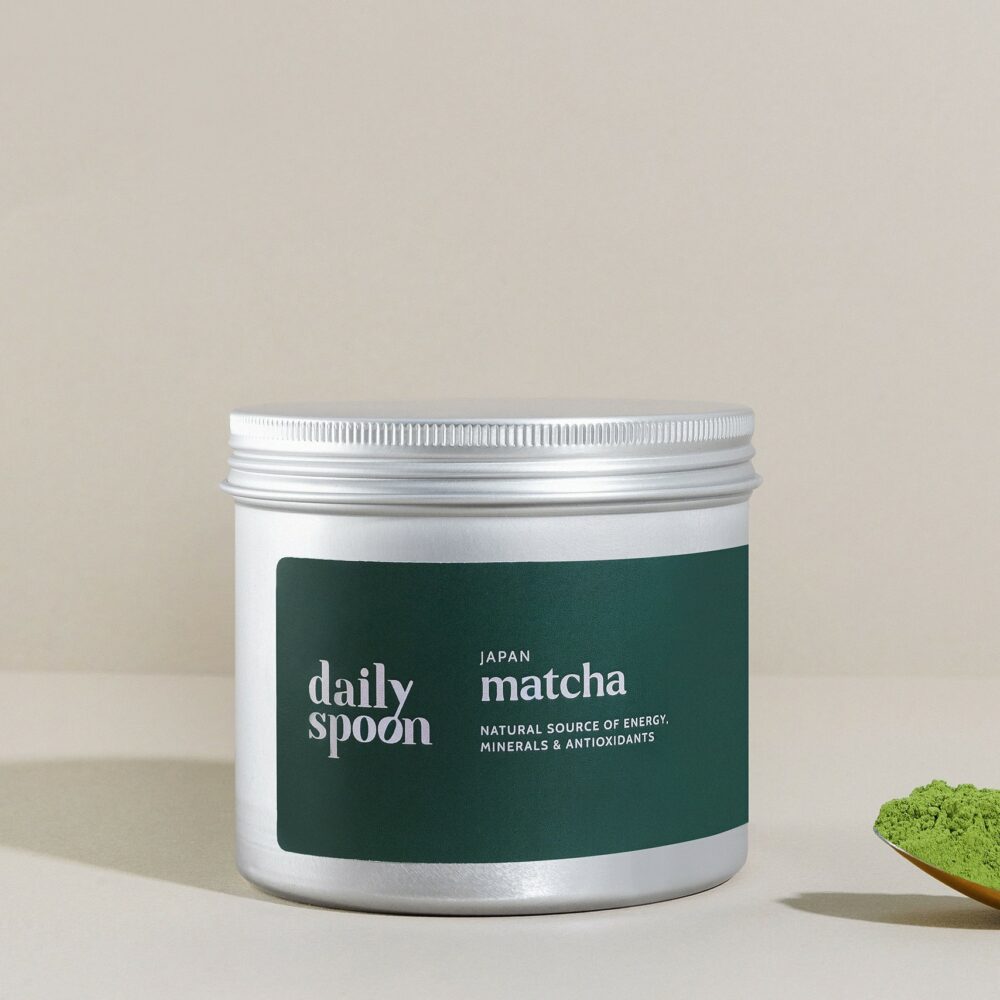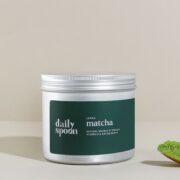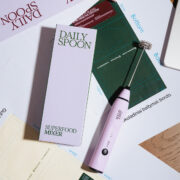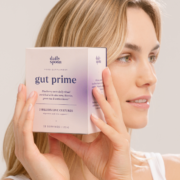When it comes to maintaining your appearance, hair care is an important aspect. Hair is made up of the protein keratin and, like any living tissue, needs to be properly nourished and cared for. In this article, we will discuss some of the key tips and techniques for making your hair look stronger and healthier, including the best foods and vitamins that are essential for hair growth and health.
Key aspects of hair care
- First and foremost, it is important to eat a healthy diet rich in essential nutrients. Your hair is mainly made up of protein, so it’s important to get enough protein in your diet. Some of the best sources of protein for hair are fish, chicken, eggs and beans. In addition, foods rich in iron, zinc and vitamin C are also good for hair health as they help to stimulate growth and strengthen the hair shaft. Foods rich in these nutrients include spinach, oysters and bell peppers.
- Another important aspect of hair care is maintaining a clean scalp, free of excess oil and dandruff. This can be achieved by using a mild shampoo and conditioner, and regularly scrubbing the scalp with a mild exfoliant. It is also advisable to avoid overheating the hair, as this can damage the hair and lead to breakage.
- When it comes to vitamins, there are several vitamins that are essential for healthy hair. These include biotin, vitamin D and vitamins A and E. Biotin, also known as vitamin H, is a B vitamin that helps strengthen hair and nails. Vitamin D is important for hair growth because it helps regulate the growth and development of hair follicles. Vitamins A and E are also important for hair health as they help to stimulate blood circulation and protect the hair from damage caused by free radicals.
- It is also important to protect your hair from environmental damage. This can be achieved by using a conditioner or hair oil, as well as wearing a hat or scarf when out in the sun or wind. You should also avoid using harsh chemicals such as hair dyes or relaxers on your hair, as they can damage the hair shaft and make it more susceptible to breakage.
- It is also important to make sure your hair gets enough moisture. Dry hair is more prone to breakage and damage, so it’s important to keep it well hydrated. This can be achieved by using a deep conditioner once a week, as well as a leave-in conditioner or hair oil to keep the hair moisturised. It is also important to avoid frequent use of hot tools such as hairdryers, flat irons and curling tongs, as these can strip the hair of its natural oils, leaving it dry and damaged.
- Regular haircuts are also important for maintaining healthy hair. Regular haircuts help to remove split ends, which can move up the hair shaft and cause breakage. It is recommended to get a haircut every 6-8 weeks on average, but this may vary for different hair types.
- Another tip for maintaining healthy hair is to avoid over-styling and using too many hair care products. Too many styling products can weigh hair down and make it look greasy, while too many styling tools can damage the hair shaft. Try to limit the use of styling products and when you do use them, apply them only to the ends of the hair where they are needed most.
- Finally, it’s important to keep in mind what hair products you use. Some hair products contain harsh chemicals and ingredients that can harm your hair and scalp, so it’s important to read labels and choose products that are free of sulfates, parabens and other harsh chemicals. Iinvesting in higher quality hair care products can make a big difference to the health and appearance of your hair.
Hair enhancing foods and supplements
When it comes to foods, there are some that are particularly good for hair health.
- As mentioned earlier, protein is essential for hair growth and strength, so it is important to get enough protein in your diet. Some of the best sources of protein for hair are fish, chicken, eggs and beans. Fish, such as salmon, is particularly rich in omega-3 fatty acids, which can help nourish the hair and scalp.
- Iron is also an important nutrient for hair health, helping to promote growth and strengthen the hair shaft. Foods rich in iron include green leafy vegetables such as spinach, red meat and seafood such as oysters. Zinc, found in foods such as oysters, pumpkin seeds and chickpeas, is also essential for hair growth and repair.
- Vitamin C is important for the production of collagen, a protein that helps give hair structure and strength. Foods rich in vitamin C include citrus fruits, peppers and green leafy vegetables.
- In addition to a diet rich in these important nutrients, there are also a number of vitamins that can be taken as supplements to promote hair health. Biotin, also known as vitamin H, is a B vitamin that helps strengthen hair and nails. Biotin can be found in food supplements or in foods such as egg yolks, almonds and sweet potatoes.
- Vitamin D is also important for hair growth as it helps regulate the growth and development of hair follicles. Vitamin D is found in oily fish, mushrooms and fortified foods and can also be taken as a supplement.
- Vitamins A and E are also essential for hair health, helping to stimulate blood circulation and protect the hair from damage caused by free radicals. Sweet potatoes and carrots are rich in vitamin A, while almonds, sunflower seeds and avocados are rich in vitamin E.
- Daily Spoon ritual Hair – a blackcurrant daily ritual enriched with keratin and minerals for all-round hair nourishment.
Berries are particularly rich in vitamins
Berries are rich in antioxidants and vitamins that are beneficial for hair health. Some examples of berries that are particularly beneficial for hair health are
- Blueberries: are rich in vitamin C, which helps stimulate collagen production and improves scalp circulation.
- Strawberries: rich in vitamin C and folic acid, which help prevent hair loss and promote hair growth.
- Raspberries: these berries are rich in vitamin E, which improves hair strength and elasticity.
- Blackberries: are rich in vitamin K and vitamin C, which can help improve scalp condition and prevent hair loss.
- Goji berries: these berries are rich in antioxidants, vitamins and minerals that can help promote hair growth and prevent hair loss.
It is worth noting that the consumption of these berries does not have a particularly strong direct effect on hair growth, but they can improve the overall health of the body, which in turn promotes healthy hair growth. In addition, the use of hair care products containing extracts of these berries can also benefit the hair.
Are chaga mushrooms good for hair?
Quite right. Chaga is a type of mushroom that grows on the bark of birch trees. It is often used in traditional medicine and has various health benefits. Although there is little research specifically on the hair benefits of chaga, some of the possible positive effects include:
- Rich in antioxidants that can help protect hair and scalp from free radical damage.
- Improves scalp condition: chaga is thought to have anti-inflammatory and antibacterial properties, which can help improve overall scalp health and reduce the risk of scalp infections.
- Promotes hair growth: some studies suggest that chaga may help promote hair growth by increasing blood circulation to the scalp and improving the overall condition of hair follicles.
- Prevent hair loss: chaga is also thought to help reduce hair loss by strengthening hair and making it more resistant to damage.
It is worth noting that more research is needed to confirm the benefits of chaga on hair, and that it will not have any significant effect when applied directly to the hair. How to use? It is best to take chaga as a supplement, in the form of a tea or extract, with the advice of a healthcare professional.
In summary, maintaining healthy hair requires a combination of good nutrition, regular scalp care and protection from environmental damage. A diet rich in protein, iron, zinc, vitamin C, biotin, vitamin D, vitamin A and vitamin E, a clean, moisturised and well-maintained scalp, avoiding heat and harsh chemicals, protecting the hair from environmental damage, using the right hair care products and limiting the use of styling products are the key elements for healthy hair growth and the appearance of stronger, healthier hair.



